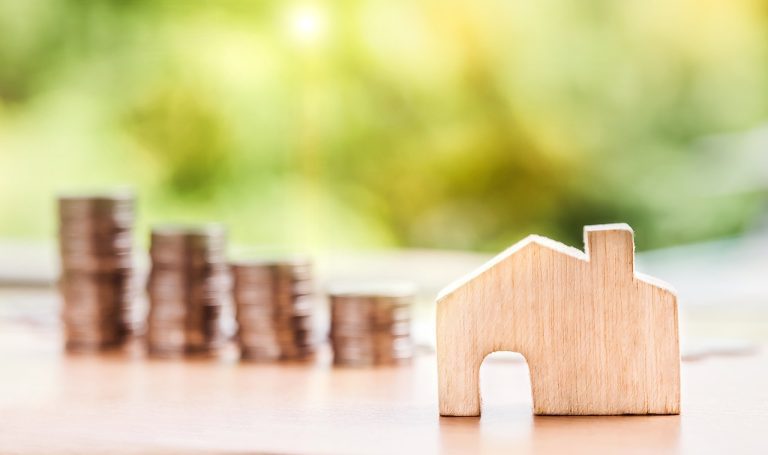With mortgages being in the news a lot over the past few months, I decided it was about time I spent some posts outlining key facts.
I’m going to start with the basics with a series of posts on mortgage types and move on to affordability and how to survive higher interest rates.
I don’t aim to replace a mortgage adviser as they know far more than I.
My intent is to provide enough information to answer basic questions and give you an idea of what questions to ask that mortgage adviser.
I’m starting with fixed rate mortgages.
What is a fixed rate mortgage?
A fixed rate mortgage sets the interest for a fixed period of time. It will stay the same regardless of what happens to the Bank of England rate.
If mortgage rates go up, your fixed rate will stay the same. Conversely, if the mortgage rate goes down, your fixed rate will stay the same.
You can typically fix for 2, 4 or 5 years although longer terms are available.
How does a fix work?
A fixed rate mortgage works similarly to a standard loan. You apply for the mortgage at a particular rate and it will stay the same for the period of the fix.
Whatever else happens in the market, you know exactly what you’re paying each month until the fix period comes to an end.
If rates go up, you’re insulated from those rises until the end of the fix. But, if rates go down, you’ll be paying your fixed rate, which could be higher than the mortgage rate.
It’s typically a mortgage for people who need or want certainty for a while.
You’re hedging your bets that interest rates won’t go down in return for knowing your outgoings for a set period of time.
What happens after the fixed rate ends?
Once the fixed part of your fixed rate mortgage ends, you’ll usually be automatically switched to your lender’s standard variable rate unless you switch.
You should be notified well in advance that your fix is coming to an end and what product you’ll be switched to.
It’s then up to you to check the market, see what else is out there and make a decision about whether to stay where you are or switch to a cheaper mortgage.
How long should you fix you mortgage for?
I placed this question here because I see and hear it so often even though there’s no real answer I can give you.
Fixed rate mortgages are for those who value certainty over getting the very best deal.
If you feel better knowing exactly what’s going out each month on your mortgage, fix for as long as you like.
If rates rise, you’ll be protected from them by your fixed rate.
If rates fall, you won’t be able to benefit from them because of your fixed rate.
It’s a gamble and the length of your fix should depend on how much certainty you want in your life.
The more certainly you want, the longer you could fix. The current fix is 5 years, which is a long time. A lot can happen in 5 years, both good and bad.
Just remember, should rates drop dramatically, you can still get a new mortgage. You’ll just need to pay an early repayment penalty.
You’ll have to work that out for yourself whether it’s a good idea or not at the time.
Pros and cons of fixing
As you’ve probably already figured out, there are pros and cons to fixed rate mortgages.
Pros of fixed rate mortgages:
Certainty in an uncertain world – You’re fixing your mortgage so you’ll know exactly what you’ll be paying for that fixed period.
Protect yourself from rising rates – Interest rates are all over the place right now thanks to lockdown and the slow recovery. Fixing can protect you from ever-higher rates.
Makes budgeting easier – At least one of your major outgoings becomes predictable!
Cons of fixed rate mortgages:
Fixed rate mortgages can be more expensive – Depending on the market at the time of reading, you may find fixed rate mortgages are more expensive than the current standard variable rate.
You won’t benefit from drops in interest rates –Fixing means you won’t be able to take advantage of any drops in interest rates.
Fixed rate mortgages have early repayment penalties – Like most products with fixed periods, there’s a penalty if you want to leave early. You’ll need to assess whether that’s a price worth paying or not.
Fixed rate mortgages – Yes, or no?
Fixed rate mortgages have definite benefits but they also have downsides.
If you’re someone who prefers to know exactly what you’ll be spending on your mortgage for the foreseeable future, a fixed rate mortgage could be for you.
If you don’t mind not following the cheapest deals in return for that certainty, they can make financial sense.
If you’re more of a bargain hunter and don’t mind a little uncertainty in return for the cheapest rates, they may not be for you.

